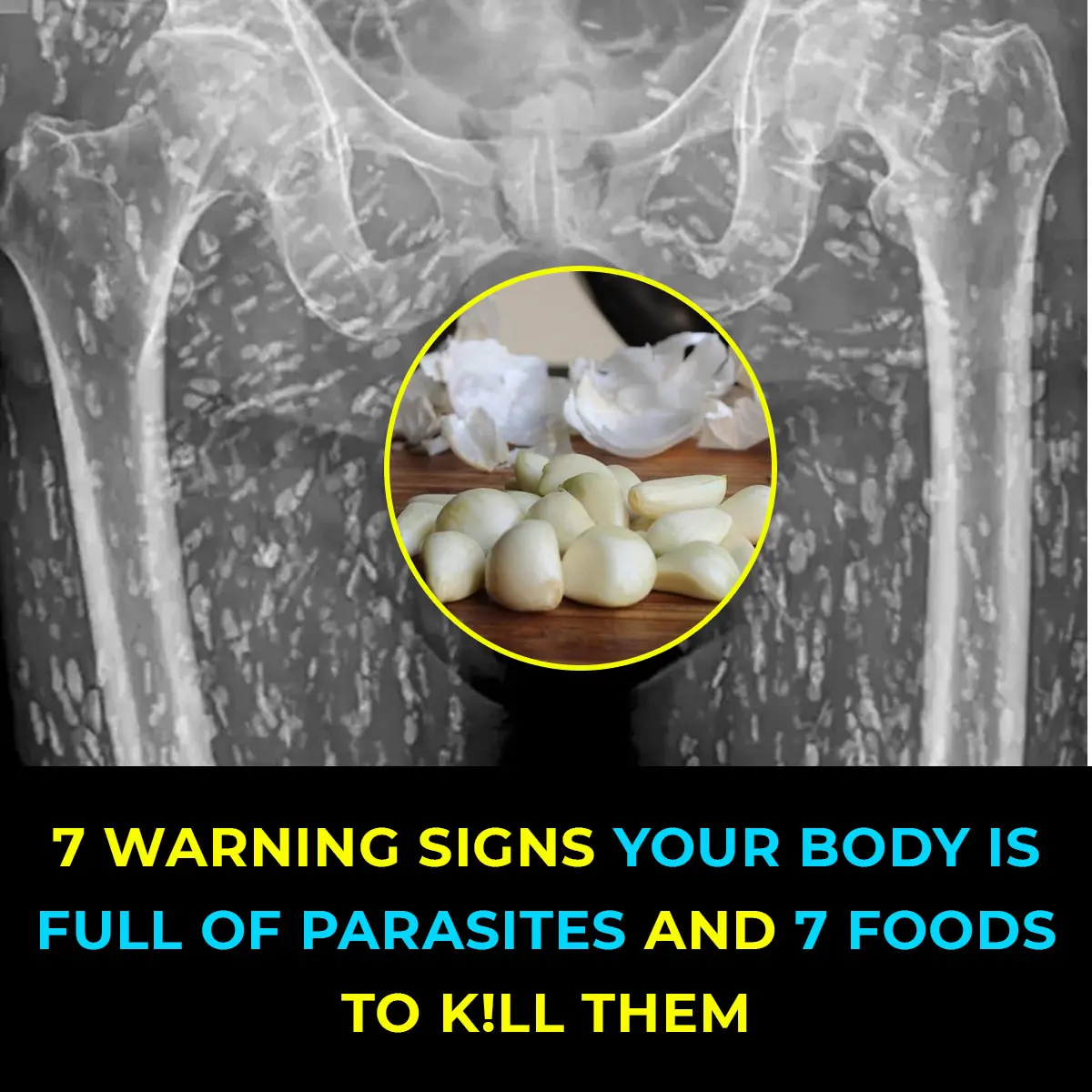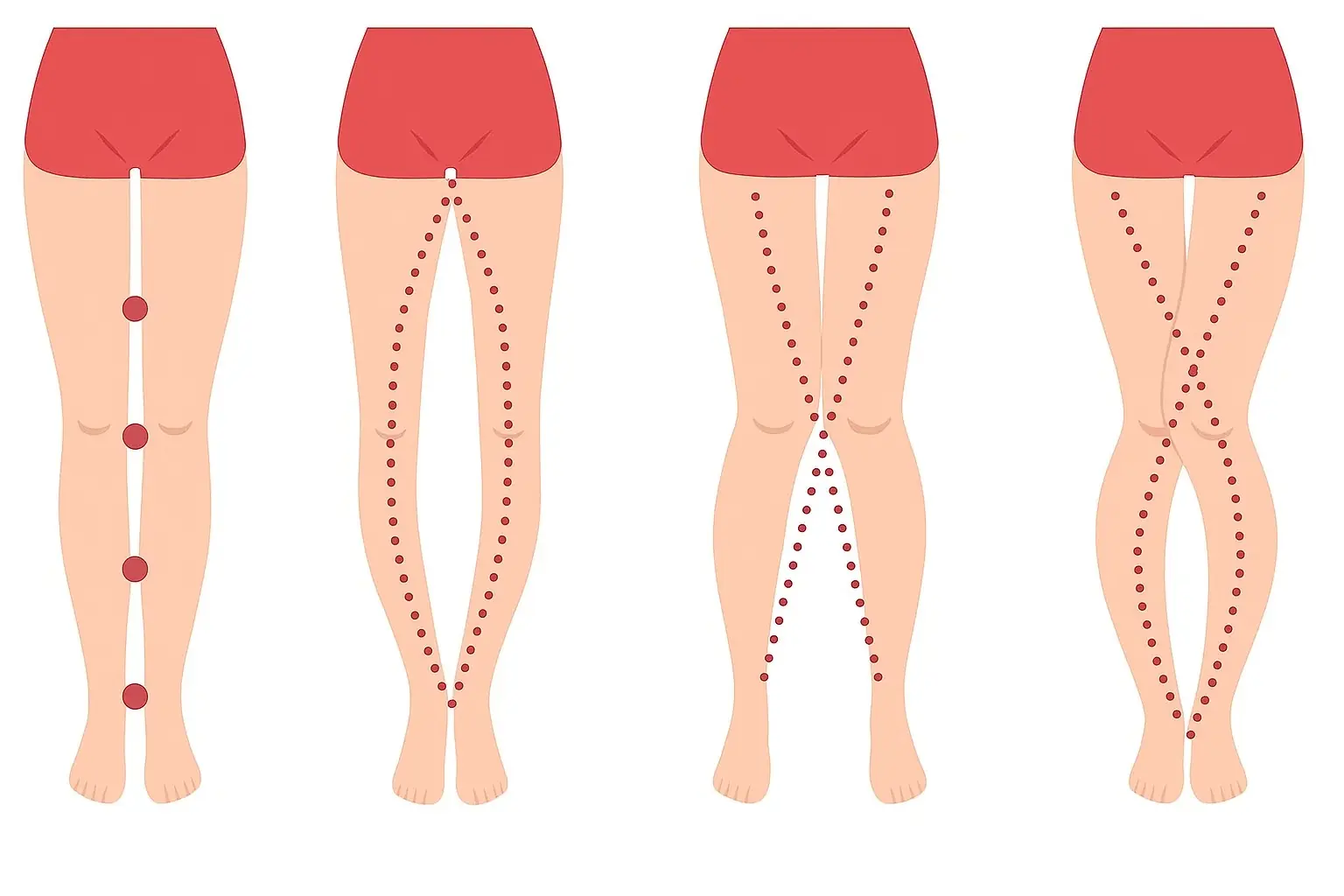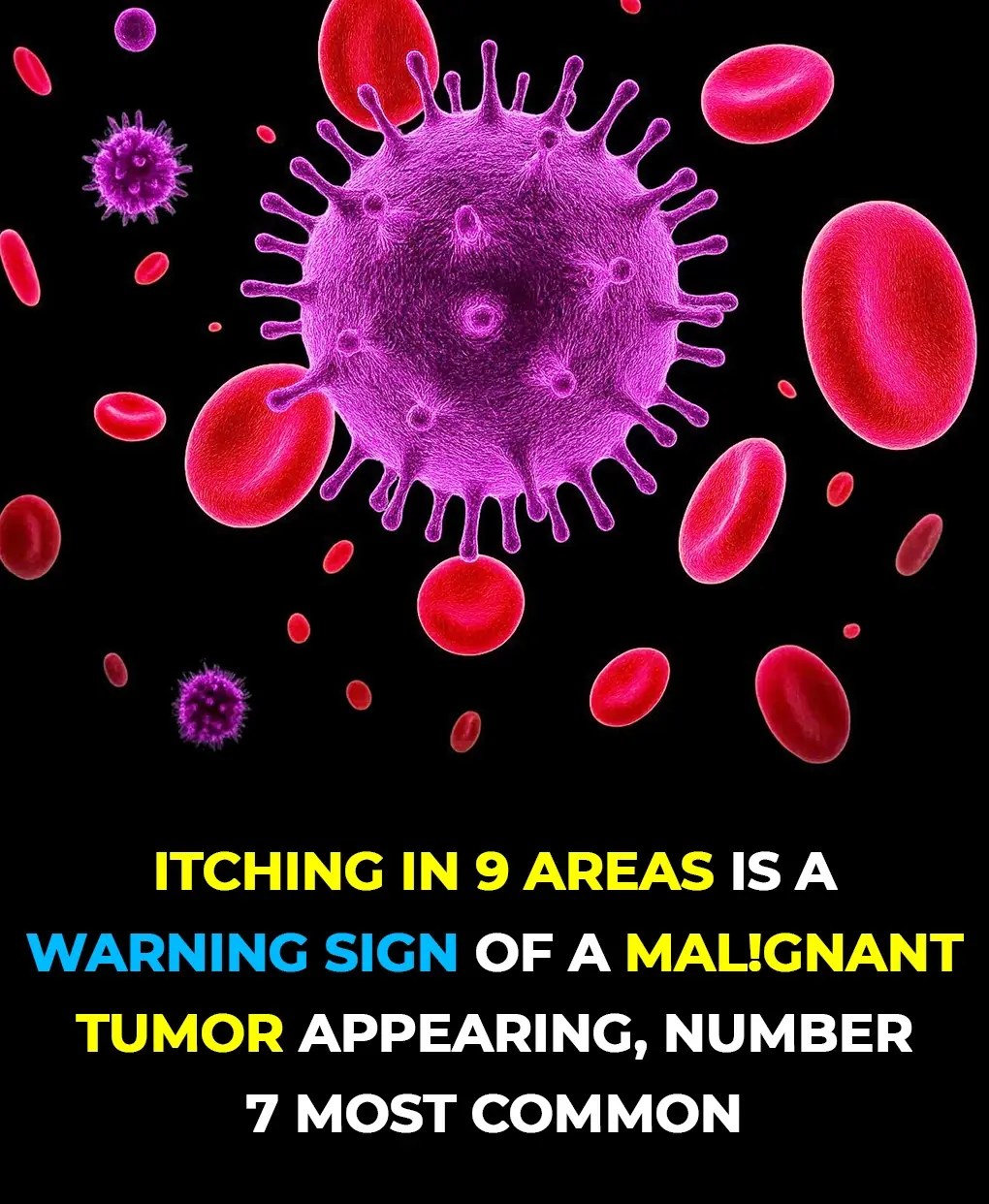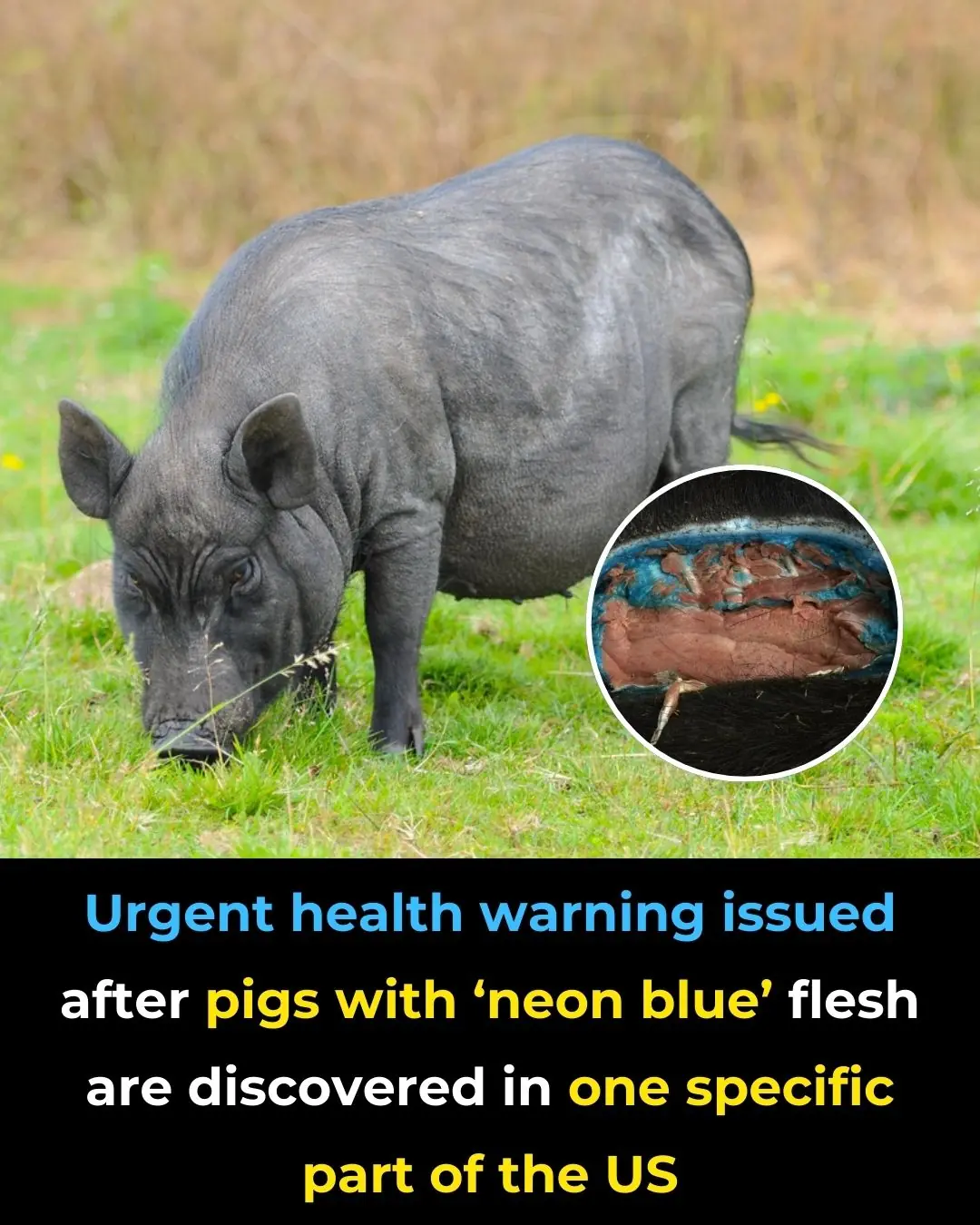
Diet and Uric Acid: Foods to Avoid for Gout Prevention

Gout is a type of arthritis known for causing sudden, intense joint pain due to elevated levels of uric acid in the blood. Knowing which foods to avoid is key to preventing gout flare-ups and promoting overall health. Uric acid is produced when the body breaks down purines, which are naturally occurring compounds found in various foods. Excessive intake of purines can lead to hyperuricemia, where uric acid builds up in the blood, increasing the risk of developing gout.
Several factors can contribute to high uric acid levels, including:
1. Dietary Choices:
Foods that are rich in purines, such as red meats and certain types of seafood, can increase uric acid production in the body.
2. Alcohol Consumption:
Drinking alcohol in excess, particularly beer and spirits, has been linked to a higher risk of developing gout.
3. Medical Conditions:
Health issues such as high blood pressure, obesity, and kidney problems can interfere with the body’s ability to eliminate uric acid effectively.
Recognizing the Symptoms
When uric acid levels rise, they may cause the following symptoms:
-
Joint Pain and Swelling: Sudden, severe pain in the joints, often beginning with the big toe, along with swelling and redness.
-
Kidney Stones: Uric acid crystals can form stones, leading to back pain, frequent urination, and even blood in the urine.
Preventing Gout Attacks
To keep uric acid levels in check and reduce the risk of gout flare-ups, consider limiting your intake of the following:
-
Red Meats and Organ Meats: Beef, liver, and kidneys are high in purines and can trigger an increase in uric acid levels.
-
Certain Seafood: Tuna, sardines, and shellfish like shrimp and crab are also rich in purines.
-
Alcoholic Beverages: Beer and spirits are known to raise the likelihood of developing gout.
-
Sugary Foods and Beverages: Foods and drinks containing high-fructose corn syrup, such as sodas and processed foods, can elevate uric acid levels.
Foods That Help Manage Uric Acid
Incorporating the following foods into your diet can help manage uric acid levels:
-
Low-Fat Dairy Products: Options like skim milk and yogurt may lower the risk of gout.
-
Fruits and Vegetables: These are generally low in purines and are safe to consume in large quantities.
-
Whole Grains: Foods like oats, brown rice, and barley provide nutritious options without raising uric acid levels.
-
Hydration: Drinking plenty of water supports the excretion of uric acid from the body.
Managing uric acid levels through mindful food choices is essential to preventing gout attacks. By reducing your intake of high-purine foods and adopting a more balanced diet, you can lower your risk of developing gout while supporting your overall health.
News in the same category


8 Teas to Drink for a Healthier Body and Mind

The Hidden Truth About Tinnitus: Why That Ringing in Your Ears Shouldn’t Be Ignored
Over time, repeated noise trauma damages tiny hair cells inside the cochlea, which cannot regenerate, resulting in permanent hearing changes and tinnitus.

DIY Turmeric & Ginger Shots to Fight Inflammation, Boost Immunity & Soothe Your Gut

Coconut water: Is It Good for You, Nutrition, Benefits, Side Effects (Science Based)

Clean Arteries: 10 Foods to Eat Daily

10 Warning Signs of Parasites in Your Body

8 Foods That Help Eliminate Cancer Cells

Natural Remedies to Address Skin Tags, Warts, and Blackheads

The Deficiency of These Vitamins Contributes to Panic Attacks

25-Year-Old Groom Dies from Acute Liver Failure After Eating Chicken – Doctors Warn of One Critical Danger!
Doctors caution people with pre-existing liver conditions, weakened immune systems, or chronic illnesses to exercise extra care when handling poultry and other high-risk.

What Your Legs Can’t Say, Your Vagina Can — The Truth About the Female Body Most People Don’t Know

9 Areas Where Itching Could Signal Malignant Tumors — #7 Happens Most Often

The World’s Deadliest Food Kills 200 People Every Year — Yet 500 Million Still Eat It
Despite its deadly reputation, millions of people continue to eat this every day without issue.

Doctor Warns on TikTok: The Hidden Dangers of Kissing the Dying

Boosting Fertility: The Surprising Power of Lifestyle on Semen Quality and Reproductive Health
In many cases, the most effective solutions are already within reach—on your plate, in your daily habits, and in the way you manage your mental well-being.

3 Dangerous Habits of Husbands That Secretly Put Their Wives at Higher Risk of Cervical Cancer
Cervical cancer doesn’t just come from genetics or lifestyle — sometimes, it’s fueled by a husband’s hidden habits. These three common behaviors may seem harmless, but they silently put wives at serious risk if not stopped in time.

How many eggs should you eat a week?
News Post

Parasite Cleanses: Do They Really Improve Your Gut Health — and Are They Safe?

8 Teas to Drink for a Healthier Body and Mind

The Hidden Truth About Tinnitus: Why That Ringing in Your Ears Shouldn’t Be Ignored
Over time, repeated noise trauma damages tiny hair cells inside the cochlea, which cannot regenerate, resulting in permanent hearing changes and tinnitus.

DIY Turmeric & Ginger Shots to Fight Inflammation, Boost Immunity & Soothe Your Gut

Coconut water: Is It Good for You, Nutrition, Benefits, Side Effects (Science Based)

Clean Arteries: 10 Foods to Eat Daily

10 Warning Signs of Parasites in Your Body

Hiker Encounters Massive Snake Camouflaged Along South Carolina Creek

8 Foods That Help Eliminate Cancer Cells

David Quammen, the COVID Predictor Warns of New Pandemic Threats

Natural Remedies to Address Skin Tags, Warts, and Blackheads

Tips for Selecting Fresh Pork at the Market

The Deficiency of These Vitamins Contributes to Panic Attacks

Researchers Find Higher Intelligence Is Correlated With Left-Wing Beliefs and Seems to Be Genetic

Urgent Health Warning Issued After Pigs With ‘Neon Blue’ Flesh Are Discovered in One Specific Part of the Us

25-Year-Old Groom Dies from Acute Liver Failure After Eating Chicken – Doctors Warn of One Critical Danger!
Doctors caution people with pre-existing liver conditions, weakened immune systems, or chronic illnesses to exercise extra care when handling poultry and other high-risk.

What Your Legs Can’t Say, Your Vagina Can — The Truth About the Female Body Most People Don’t Know

9 Areas Where Itching Could Signal Malignant Tumors — #7 Happens Most Often

The World’s Deadliest Food Kills 200 People Every Year — Yet 500 Million Still Eat It
Despite its deadly reputation, millions of people continue to eat this every day without issue.